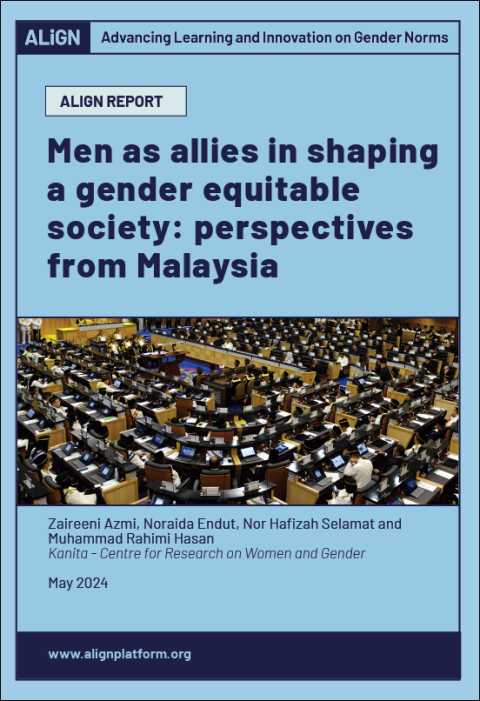
- Blog
- 14 Abril 2025
Using art to reshape masculinities: a perspective from Mexico
- Author: Guillermo Jiménez
- Published by: ALIGN
Art can be a powerful mirror that reflects societal constructs, such as norms around masculinity, helping to unravel their complexities and foster greater understanding and empathy. Art can also help question traditional gender norms and stereotypes, or even promote an end to men’s gender-based violence, bringing about greater gender equality.
GENDES, based in Mexico, is one of a number of organisations that recognises art’s potential to challenge gender norms that cultivate hegemonic masculinity – a form of masculinity that legitimises men’s dominance over women and others, and that constrains emotional expression, perpetuating GBV.
Our collaborations with three artists – Teatro Sin Paredes (Theatre with No Walls), Elisa Galvan and Teatro La Vereda – illustrate how art can create spaces for self-reflection and dialogue that invite people to question long-held perceptions of what it means to be a man and to nurture alternatives.
Theatre for social transformation: Teatro sin Paredes
In 2020, GENDES collaborated with the theatre company Teatro sin Paredes to create two online plays: ‘Aprendiz de León’ (Lion’s apprentice) and ‘Amor de Lejos’ (Long distance love). Both plays were open to the public free of charge.
Aprendiz de León calls attention to hegemonic masculinity. The play follows Erick, a young father who lost his job during the COVID-19 pandemic and whose friend, Jorge, is pressuring him to conform to traditional masculine norms and as act like a ‘real man’ who is strong, provides for his family, and conquers.
Amor de Lejos calls attention to how violent behaviours towards girls and women are often normalised and even framed as ‘romantic’. The play explores the connection between masculinity and dating violence to stress how, if not addressed quickly, it can escalate to life-threatening levels.
The goal of both plays was to create a space to talk about and reflect on different forms of masculinity. Both plays used forum theatre, a method of performance created by Augusto Boal that encourages the audience to participate in the action. Audience members are able to adopt a fictional character and intervene in the play to explore how to avoid or best respond to the situation presented. By using this method, the plays also aimed to equip men with the ability to identify, recognise and end violent behaviours, and foster non-violent conflict resolution and respectful relationships. While directed at men, the play benefited from the presence and active participation of women who questioned the actions of the male characters and reflected on their own beliefs and attitudes.
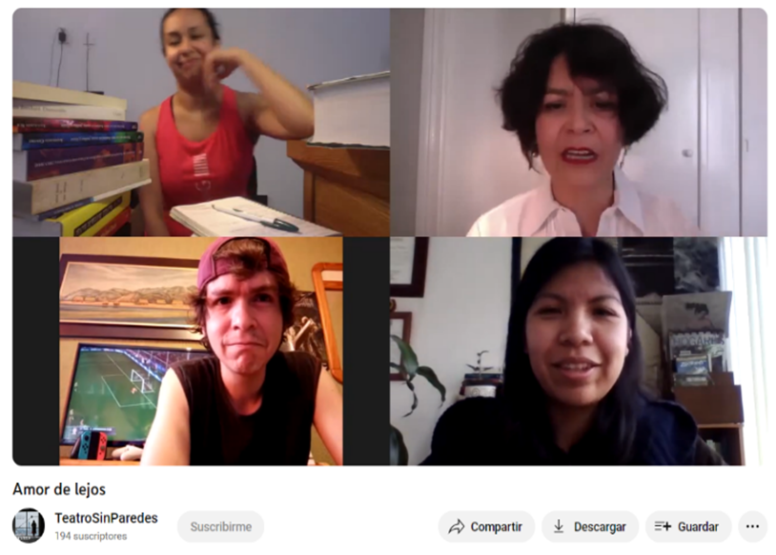
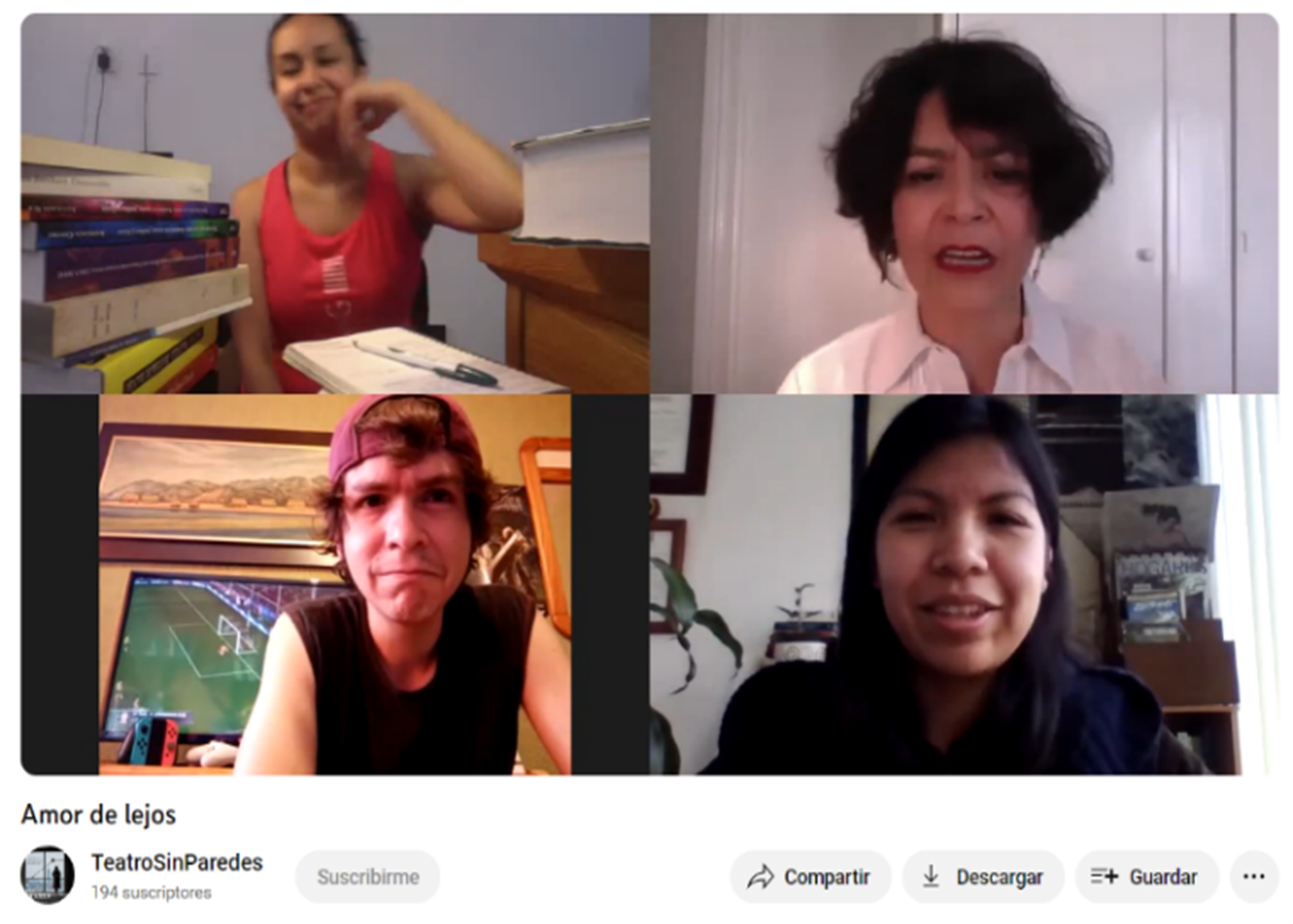
Unveiling everyday sexisms: Elisa Galván’s graphic novel
Much like a haze that is not immediately visible but ever-present, Elisa Galván’s La Bruma (2022) shows how daily acts of machismo and GBV permeate our lives. Seeking to engage with men with violent behaviours and encourage them to get help, Galván's novel portrays Fernando's life from childhood, dissecting the experiences that encouraged him to adopt hegemonic masculinity. It delves into his perspective, seeking to answer how men who are at risk of perpetrating GBV think, and how they get to that point.
The novel is grounded in extensive research, including a collaboration with GENDES to interact with GBV perpetrators throughout the comic's creation and explore more closely the roots of this violence and the potential for change. Upon completion, participants received a copy of the novel. Many of them have welcomed it as a powerful way to engage and initiate conversations with boys and young men.
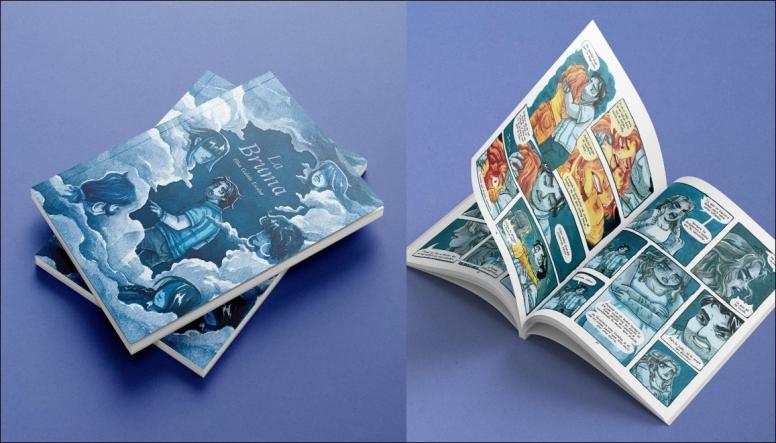
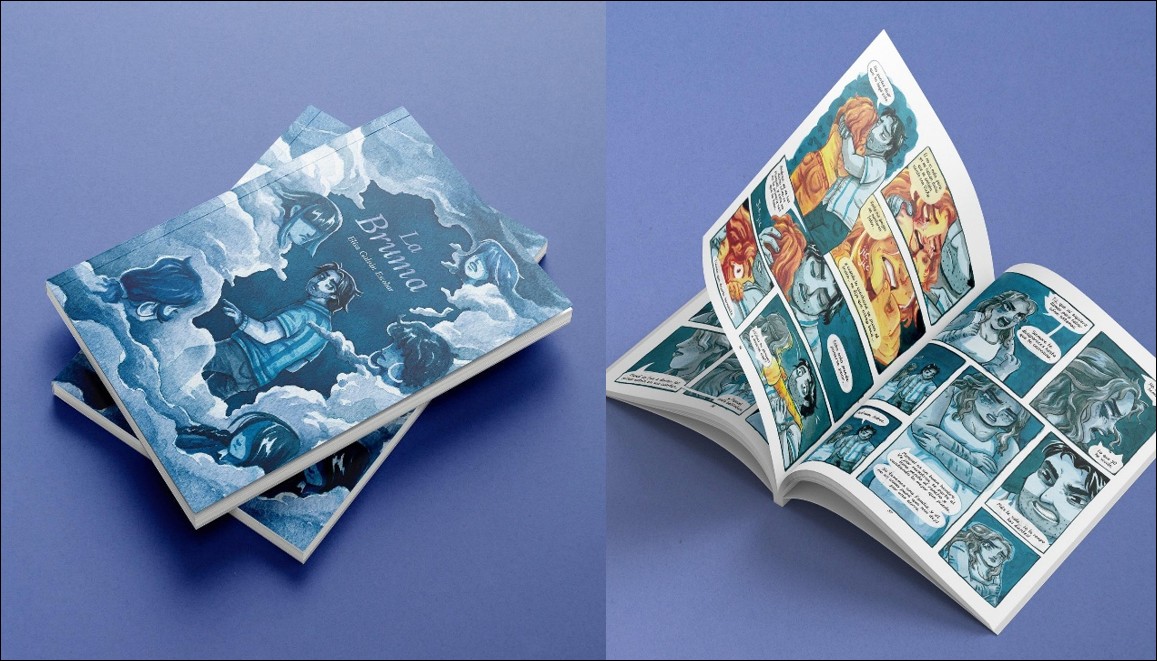
Fostering emotional intelligence through puppetry: La Vereda Theatre
Danny y las Tiasaurias is a paper puppetry performance about Danny, a boy who only utters a fierce ‘grrrr’. After being allegedly kidnapped by his aunts and with the help of a friend and a dictionary, Danny discovers that his ‘grrrr’ is an incomplete expression of his feelings. He learns how this could harm him and others and begins to learn how to name his emotions. The play, consisting only of two puppeteers and a musician, aims to prompt reflection in children and adults, providing adults with a tool to discuss masculinity and emotional intelligence with children.
The show was performed once a month throughout 2022 and each performance was followed by a dialogue on how children can be taught to better identify and express their emotions. It also included an invitation for attendees to join GENDES workshops for men who have perpetrated GBV, with the aim of fostering agency, connection and greater emotional awareness within families as a whole.
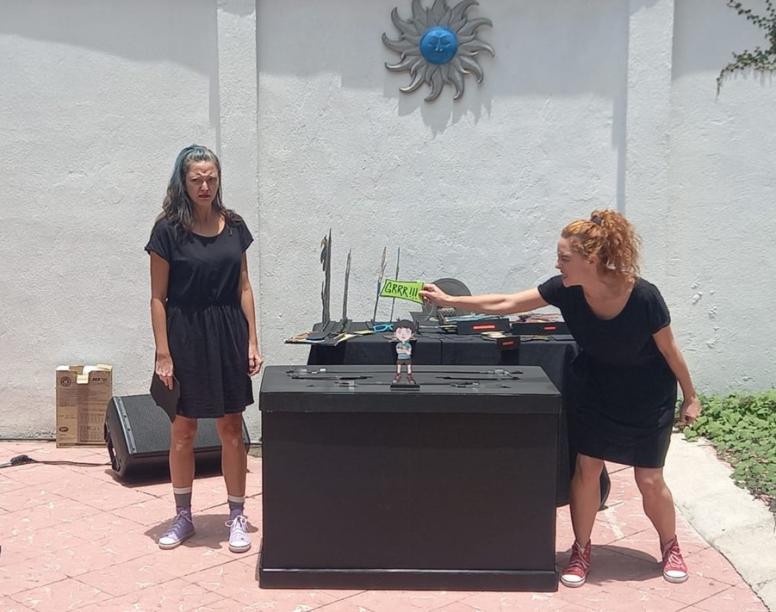
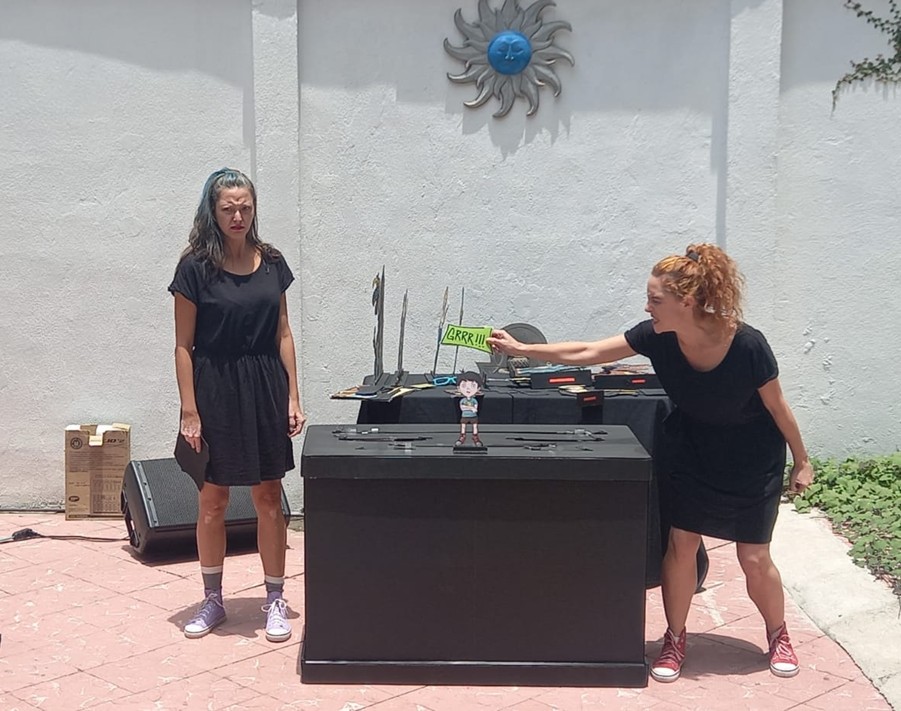
Conversations with audience members showed the play successfully triggered reflections in children about ‘the importance of recognising situations that upset them and how they often feel unheard simply because they are children’. It also led audience members to reflect on the long-term consequences of shielding children from family problems. As one audience member recalled, ‘something that caught my attention is why adults think that children should be shielded from the problems that happen at home, even though these issues also affect them. Doing this can lead children to believe problems at home are their fault’.
These three collaborations illustrate how arts in its different forms can reshape masculinities to help bring about gender equality. Everyone can join GENDES on this dynamic journey, we invite you to engage with arts-based initiatives, challenge traditional norms and create a world free of gender-based violence.


About the author
Guillermo Jiménez is the Strategic Communications Lead at GENDES A.C. Based in Mexico City. He is a passionate, creative digital strategist, with a master’s degree in Humanities from the Universidad de Monterrey. His work is driven by a commitment to promoting gender equality and fostering meaningful dialogue through innovative and impactful communications. He is dedicated to using his skills to make a positive impact, one story at a time.
About GENDES
Founded in 2003, GENDES is a Mexican civil society organization dedicated to eradicating violence against women and discrimination by promoting empathetic, respectful, and equal relationships, particularly through engaging men in this transformative change. GENDES works through a comprehensive approach that includes reflection, intervention, research and advocacy and that emphasises the importance of masculinities, inclusion and human rights. The organisation’s vision is a world where all men actively participate in building gender equality and non-violence, creating just societies for everyone.
- Countries / Regions:
- Mexico
Related resources
Report
5 Marzo 2025
Published by: ALIGN
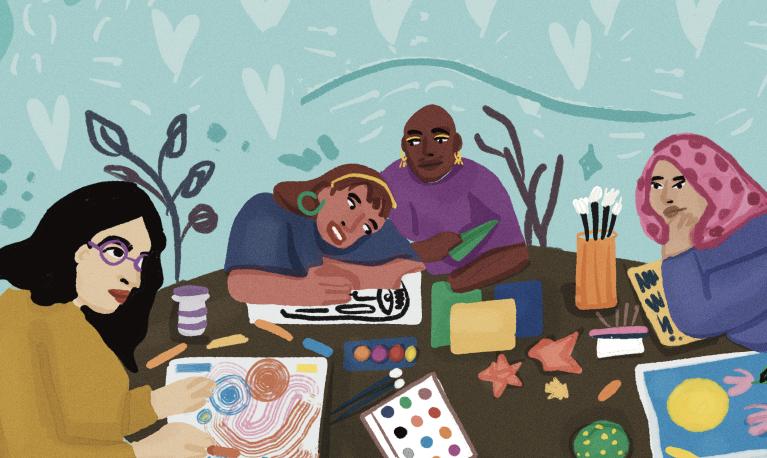
Blog
19 Diciembre 2024
Published by: ALIGN
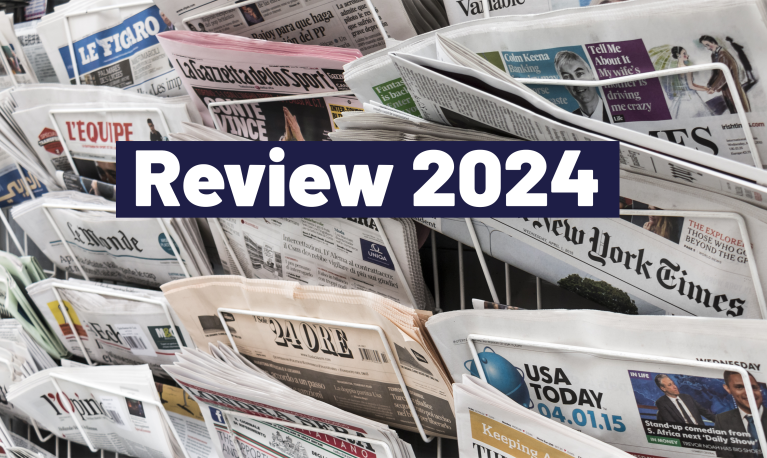
Report
28 Noviembre 2024
Published by: ALIGN

Report
19 Noviembre 2024
Published by: ALIGN, Mexfam
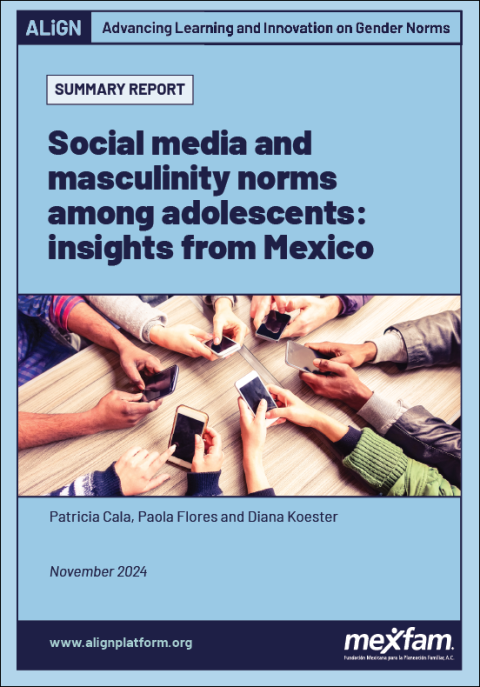
Report
13 Noviembre 2024
Published by: ALIGN

Blog
3 Octubre 2024
Published by: ALIGN
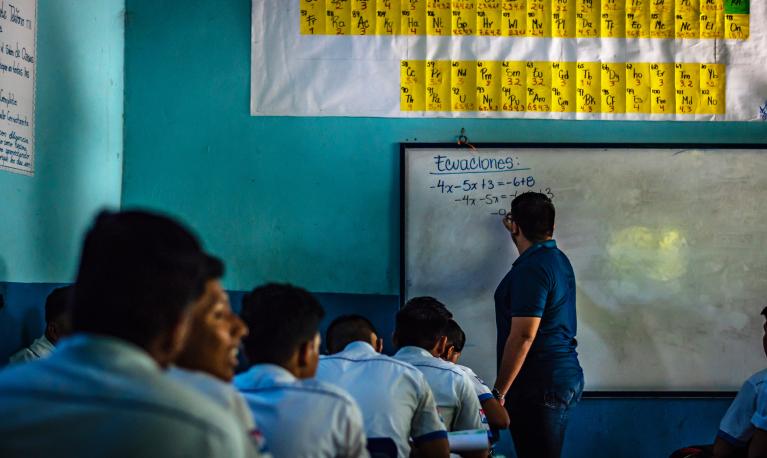
Toolkit
22 Agosto 2024
Published by: Global Boyhood Initiative
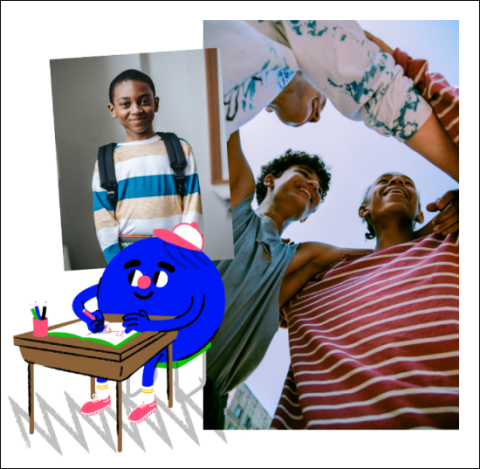
Blog
28 Mayo 2024
Published by: ALIGN
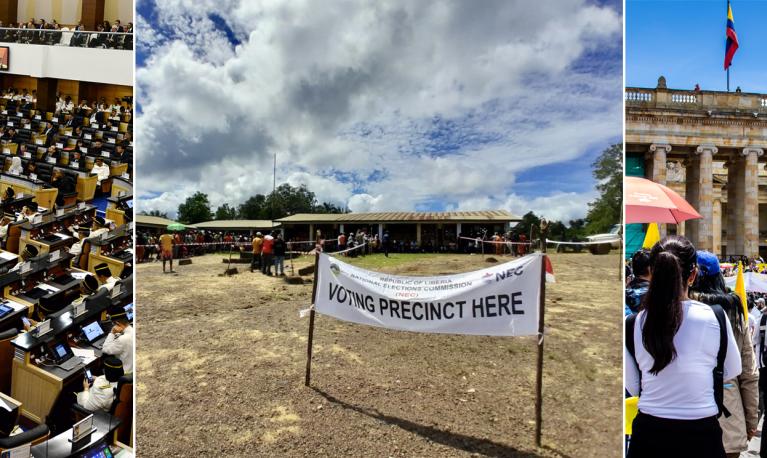
Report
28 Mayo 2024
Published by: ALIGN
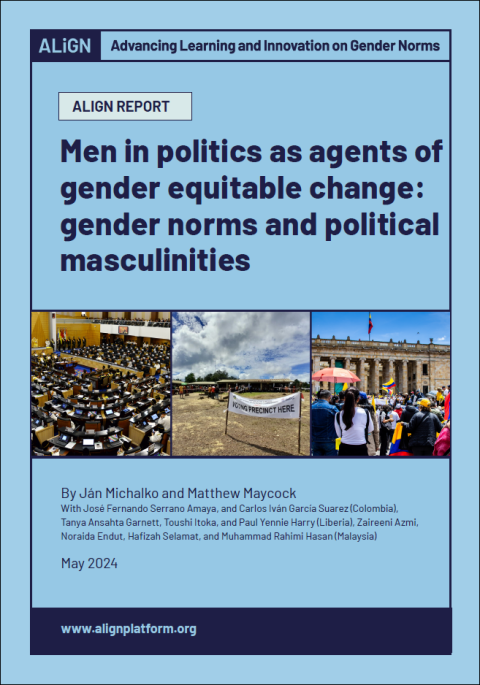
Report
17 Mayo 2024
Published by: USAID
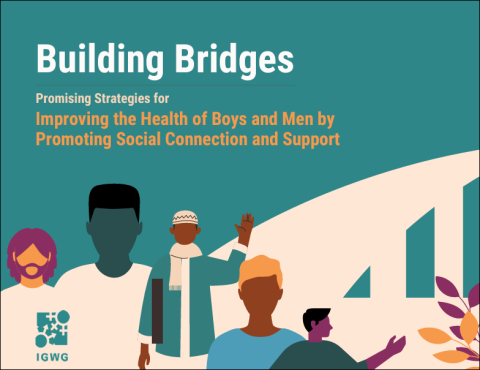
Video/podcast
15 Mayo 2024
Published by: Now and Men
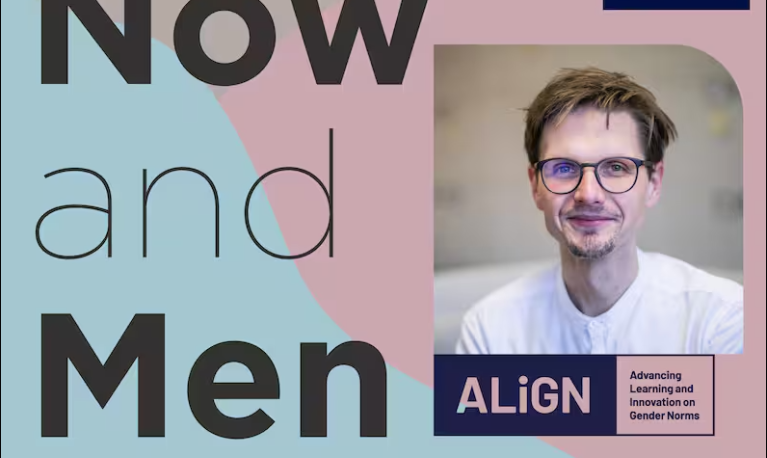
Report
20 Mayo 2024
Published by: ALIGN, Centre for Research on Women and Gender, KANITA
